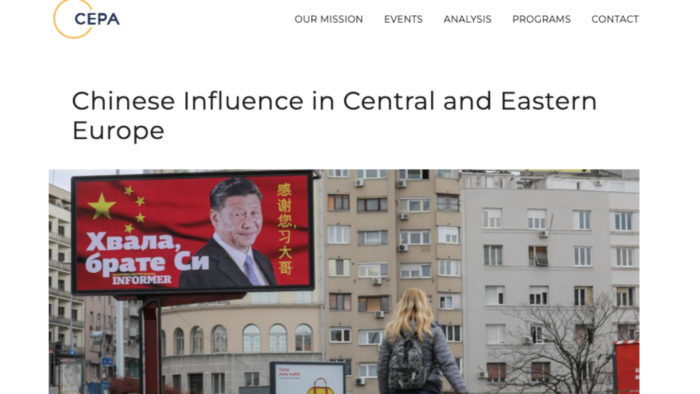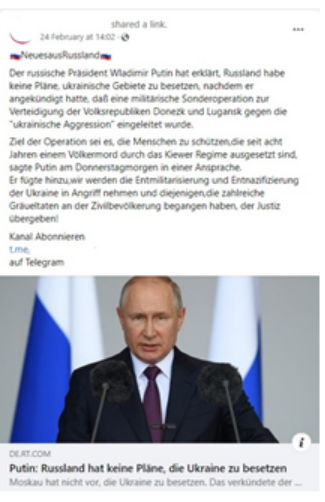Globsec, a Slovak think tank, has published a study on the susceptibility to malign foreign influence in eight Central European and Western Balkan countries, identifying key factors enabling foreign influence across the region. According to the Globsec study:
February 2022 This brief constitutes the final output of the GLOBSEC Vulnerability Index, a project that mapped susceptibility to foreign malign influence in eight Central European and Western Balkan countries (Czechia, Hungary, Slovakia, Bulgaria, Romania, Montenegro, North Macedonia and Serbia). The primary aims here are to (1) summarize the key factors enabling and facilitating foreign influence across the two regions and (2) identify common points of resilience and suggest practical recommendations and best practices for international stakeholders. Foreign malign influence represents both a cause and consequence of weak and vulnerable societies and governments. Even in the absence of interference from Beijing or the Kremlin, Central European and Western Balkan countries would still be struggling with corruption, state capture, the erosion of press freedoms and attacks on civil society. These vulnerabilities, indicative of democratic fragility, are present to a varying degree across all studied countries. Foreign interference, therefore, should not be understood as the sole explanation (nor as an excuse) for all deficiencies present in the public sphere in the region. That said, foreign actors, undoubtedly, are eager to exploit any susceptibility present. Like a virus making the most out of a weak immune system, malign actors can, owing to these shortcomings, sabotage democratic processes and/or diminish the pro-Western orientation of respective countries.
Read the full study here.
The study identifies the following key factors as playing an important role in facilitating malign foreign influence across Central Europe and the Western Balkans:
- Post-communist legacy
- Pan-Slavism
- Role of the Orthodox Church
- Information environments affected by rampant disinformation and information manipulation
- Deeply embedded cultures of corruption
The study provides the following recommendations to counter malign foreign influence across Central Europe and the Western Balkans:
- Be present in the region
- More communications about the functions and activities of the EU and NATO
- Localized PR and strategic communication
- Enhance situational awareness among civil servants
- Encourage open communication about hybrid threats posed by Russia & China
- Develop sustainable finance models and make quality journalism available in local languages free of charge
- Support independent quality media and civil society
- Limit the capacities of social media platforms to amplify hate and disinformation content
- Remind societies of their connections to the West








COMMENTS
Comments are closed here.